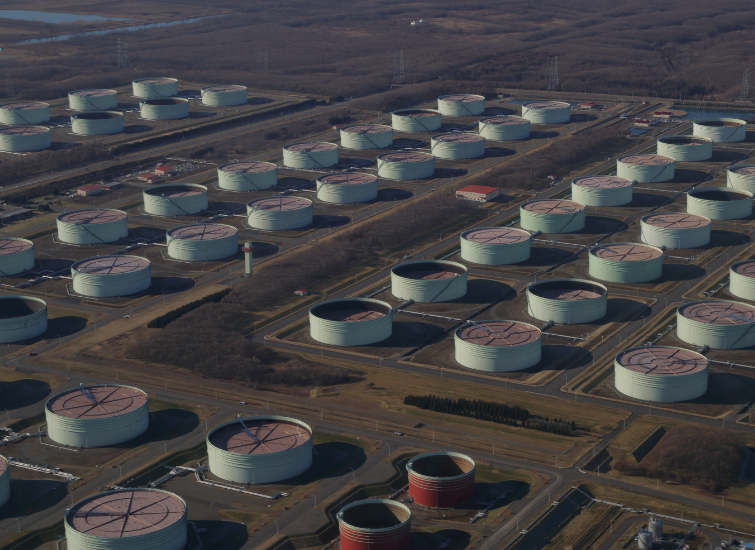In the dynamic world of energy resources, one question frequently captures the interest of industry experts, economists, and environmentally-conscious individuals alike: Which country boasts the largest oil reserves? The answer to this question not only highlights a key player in the global energy landscape but also sheds light on geopolitical and economic dynamics.
Unveiling the Leader in Oil Reserves: Venezuela
As of the latest data, Venezuela emerges as the country with the world’s largest proven oil reserves. This South American nation, rich in natural resources, surpasses even the traditional oil giants like Saudi Arabia and Russia in terms of its underground oil wealth.
Venezuela’s Oil Reserves: A Closer Look
- Magnitude of Reserves: Venezuela’s oil reserves are estimated to be around 300 billion barrels. This colossal figure represents a significant portion of the world’s total oil reserves.
- The Orinoco Belt: A key contributor to Venezuela’s leading position is the Orinoco Belt, a territory underlain by heavy crude oil. This vast area holds the bulk of the country’s oil resources.
- Quality of Oil: It’s crucial to note that Venezuelan oil is predominantly heavy and extra-heavy crude. This type of oil requires more complex and costly refining processes, which can impact its marketability and economic viability.
Global Context and Comparison
While Venezuela leads in terms of sheer volume, other countries like Saudi Arabia, Canada, and Iran follow closely behind with their own substantial reserves. Notably, Saudi Arabian oil is often lighter and more easily extractable, making it more commercially desirable in certain contexts.
Economic and Political Implications
Venezuela’s position as the top holder of oil reserves brings with it a mix of opportunities and challenges:
- Economic Potential: Theoretically, these reserves could be a tremendous source of wealth and economic growth. However, the reality is complex due to factors like market demand, extraction costs, and global oil prices.
- Political Influence: Oil reserves are a significant factor in Venezuela’s geopolitical influence. Energy policies and international relations are deeply intertwined with the country’s oil industry.
- Challenges: Venezuela’s oil sector faces challenges like political instability, economic sanctions, and infrastructural issues, which have hindered the full exploitation of its oil wealth.
Environmental Considerations
In the era of climate change, the conversation around oil reserves also involves environmental considerations. The extraction and use of fossil fuels have significant impacts on global warming and environmental degradation. This raises questions about the future of oil in the global energy mix and the importance of investing in renewable energy sources.
Conclusion
While Venezuela stands at the forefront with the largest oil reserves, this position is a complex interplay of geography, economics, and politics. The country’s vast oil wealth represents both potential and challenges in an increasingly energy-conscious world. As the global community moves towards sustainable energy solutions, the role of countries like Venezuela in the oil landscape remains a subject of keen interest and ongoing debate.


